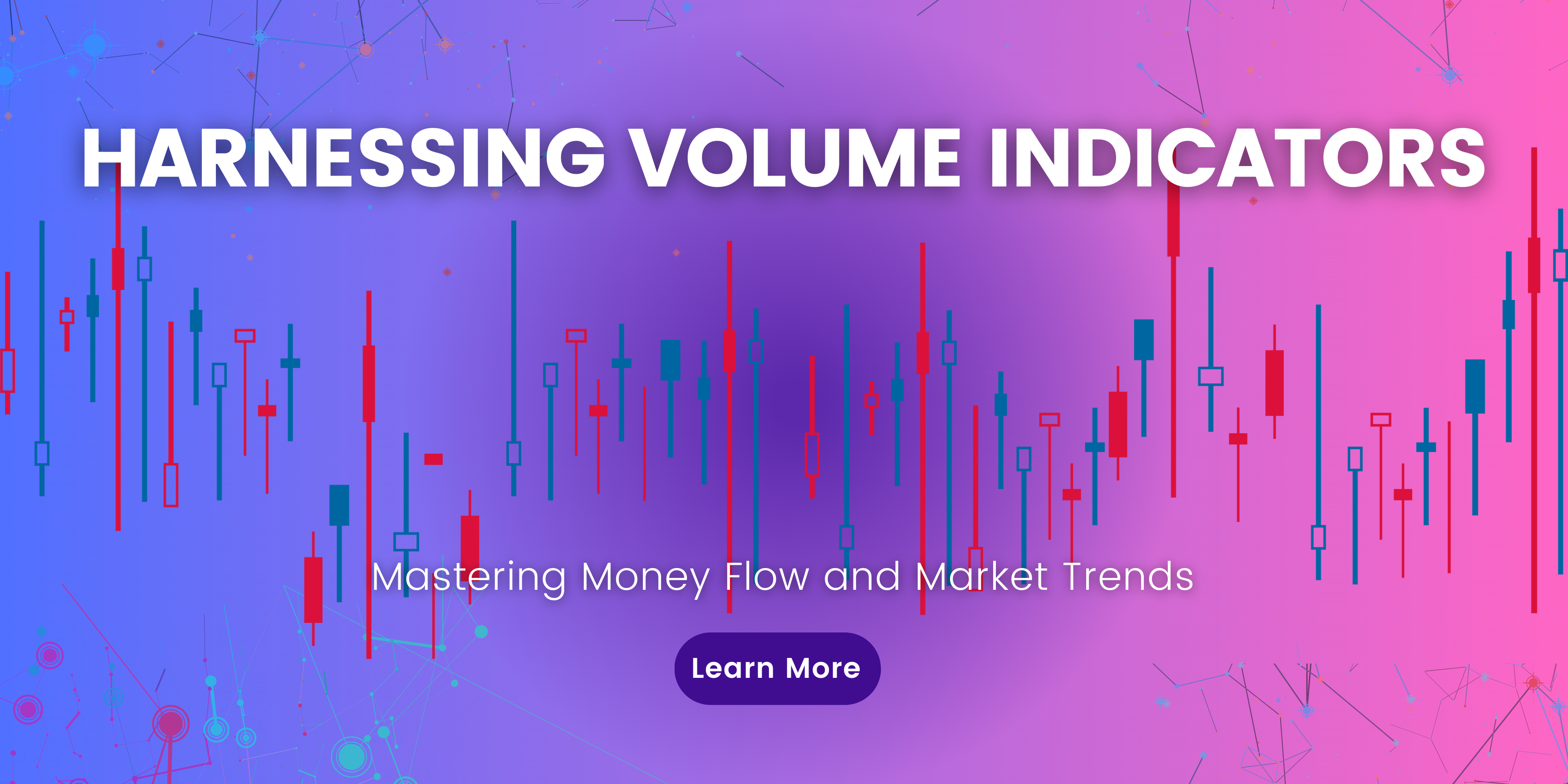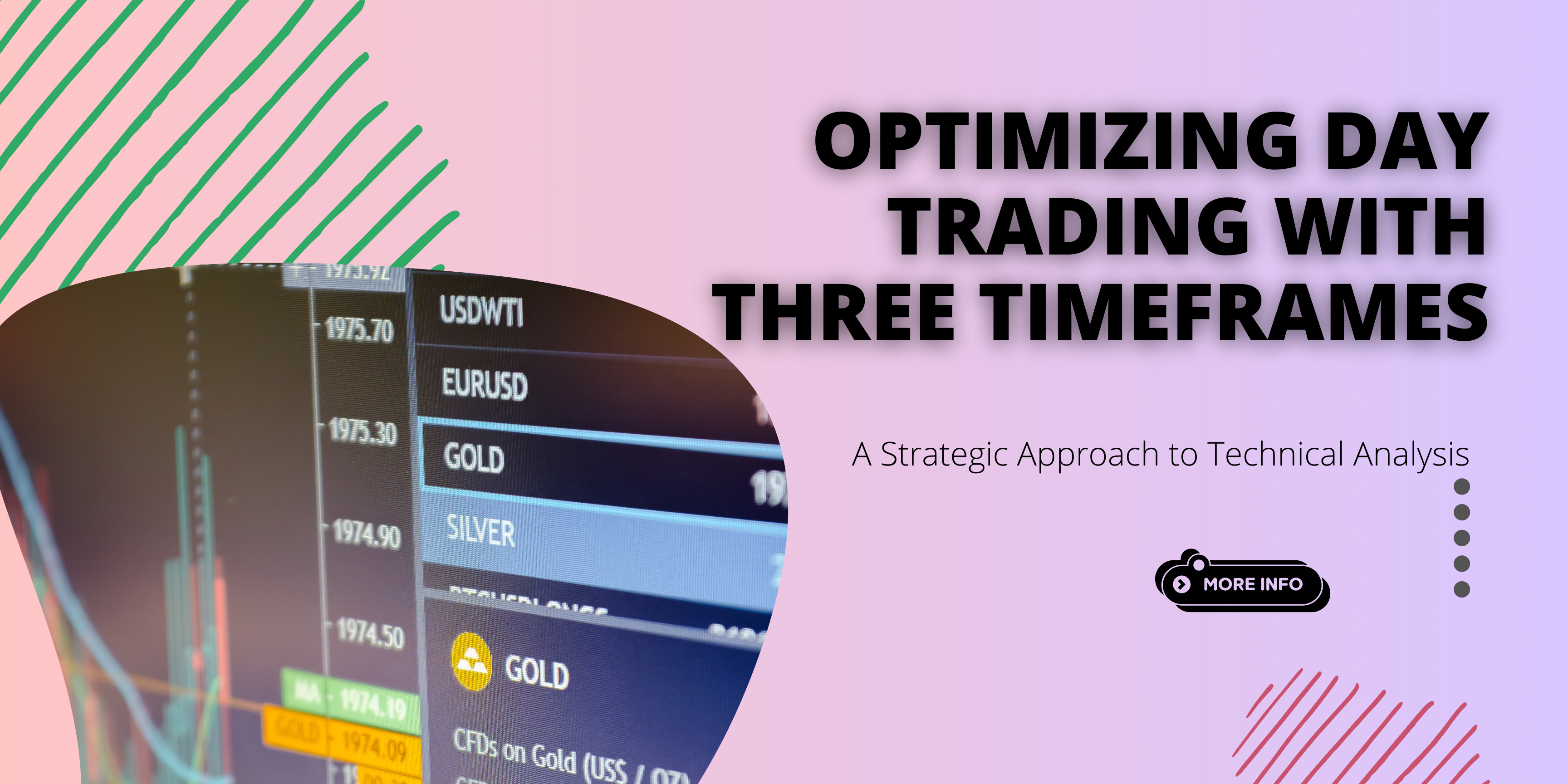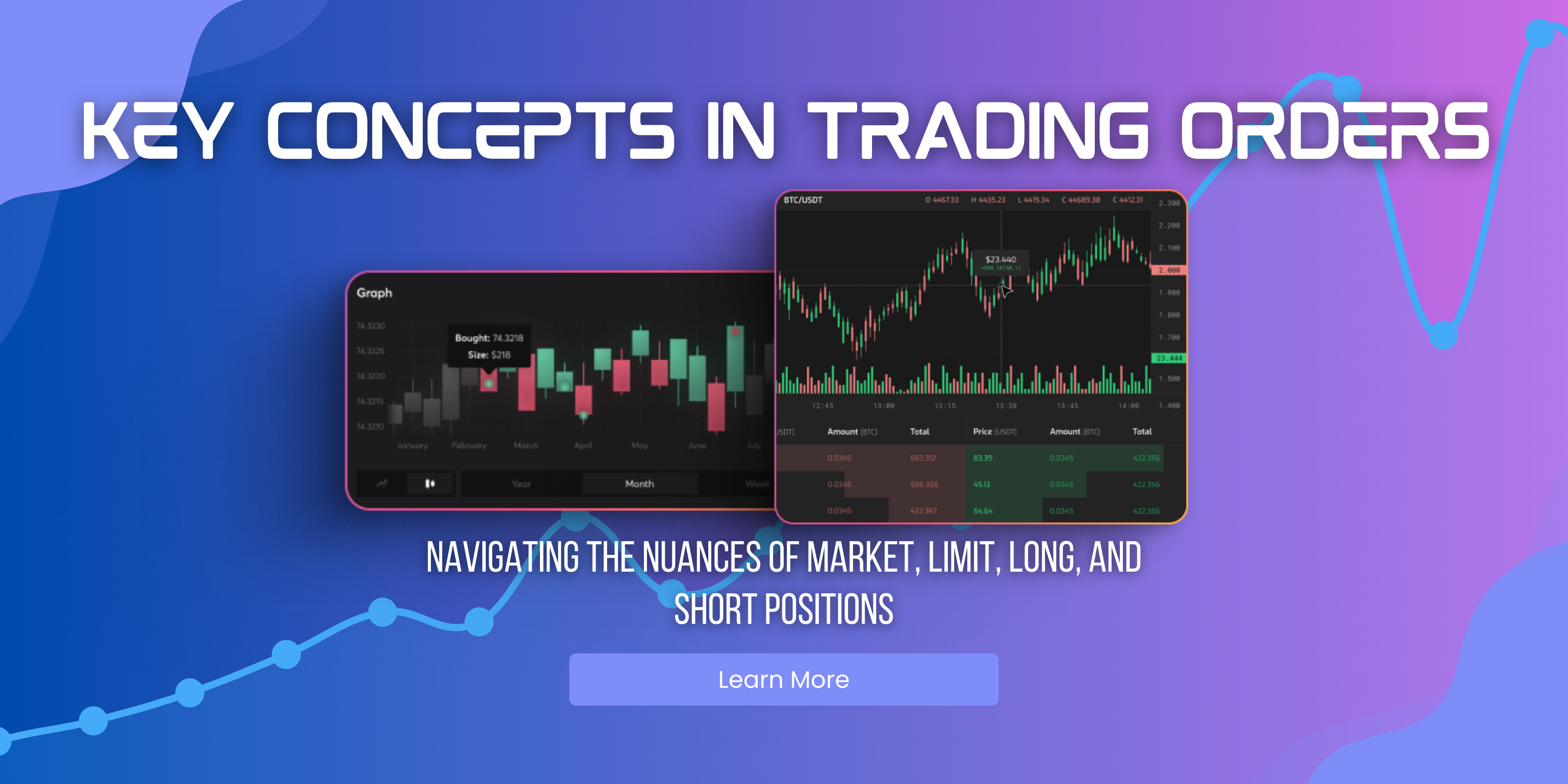Geopolitical events have the potential to significantly influence financial markets, shaping investor sentiment, market trends, and asset prices. In this blog post, we will explore the impact of geopolitical events on financial markets, the key factors to consider, and how traders and investors can navigate the complexities of geopolitical risk. Understanding Geopolitical Events Geopolitical events encompass a …
The Impact of Geopolitical Events on Financial Markets

Geopolitical events have the potential to significantly influence financial markets, shaping investor sentiment, market trends, and asset prices. In this blog post, we will explore the impact of geopolitical events on financial markets, the key factors to consider, and how traders and investors can navigate the complexities of geopolitical risk.
Understanding Geopolitical Events
Geopolitical events encompass a wide range of political, economic, and social developments that occur on a global scale. These events can include geopolitical tensions, trade disputes, elections, policy decisions, military conflicts, and diplomatic relations between nations.
Impact on Financial Markets
- Market Sentiment: Geopolitical events can impact investor sentiment, leading to shifts in risk appetite and market volatility. Positive developments, such as diplomatic breakthroughs, can boost investor confidence, while negative events, such as geopolitical tensions, can lead to risk aversion and market uncertainty.
- Asset Prices: Geopolitical events can influence the prices of various assets, including stocks, currencies, commodities, and bonds. For example, geopolitical tensions in oil-producing regions can impact energy prices, while trade disputes can affect the value of currencies and global equity markets.
Key Considerations for Traders and Investors
- Stay Informed: Traders and investors should stay informed about geopolitical developments and their potential impact on financial markets. Following reputable news sources and geopolitical analysis can provide valuable insights into unfolding events.
- Risk Management: Given the potential for heightened market volatility during geopolitical events, effective risk management is crucial. Traders should consider position sizing, stop-loss orders, and diversification to manage exposure to geopolitical risk.
- Asset Correlations: Geopolitical events can influence the correlations between different asset classes. For example, during periods of heightened geopolitical uncertainty, traditional safe-haven assets such as gold and government bonds may experience increased demand.
Navigating Geopolitical Risk
- Analyze Potential Scenarios: Traders and investors can analyze potential scenarios and their potential impact on different asset classes. Understanding the potential outcomes of geopolitical events can help in formulating informed trading and investment strategies.
- Long-Term Implications: Some geopolitical events can have long-term implications for financial markets. For example, shifts in trade policies, geopolitical alliances, or regulatory changes can shape market dynamics over extended periods.
- Geopolitical Risk Premium: Geopolitical events can lead to the pricing in of a “geopolitical risk premium” in financial markets, reflecting the added uncertainty and potential impact of geopolitical developments on asset prices.
In conclusion, geopolitical events play a significant role in shaping financial markets, influencing investor behavior and asset prices. By understanding the impact of geopolitical events, staying informed, and employing effective risk management strategies, traders and investors can navigate the complexities of geopolitical risk with greater insight and preparedness.








